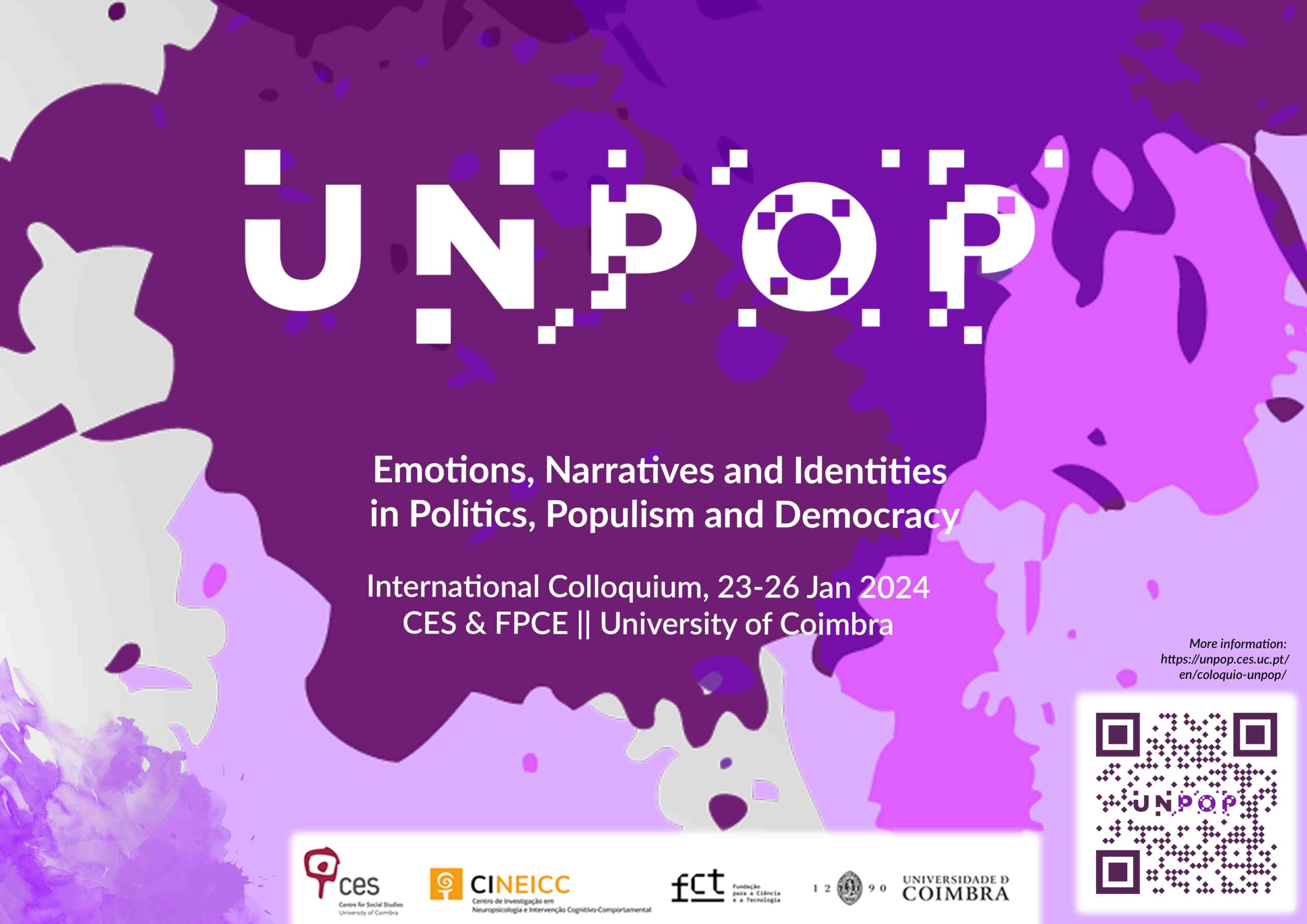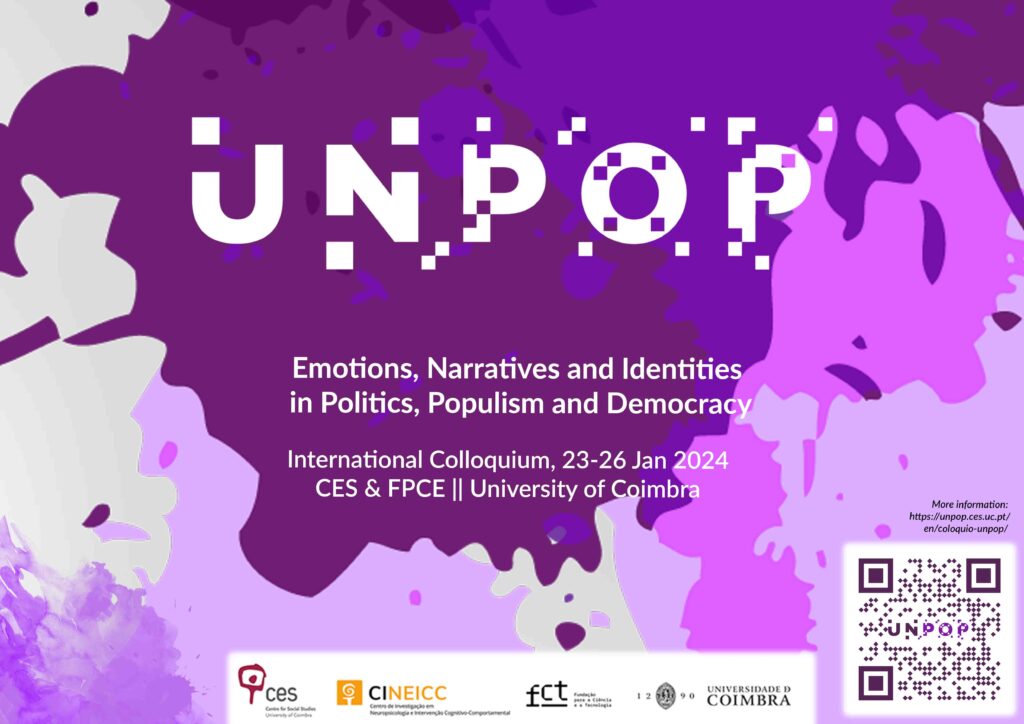Decolonising populism? Democratising responsibility? Imperial rhetoric, critical uses of the past, and the construction of a community of implicated subjects
Speaker:
João Figueiredo
Chair:
Sara Araújo
Faculty of Psychology and Education Sciences of University of Coimbra
January, 25 2024, 16h30 (GMT Lisbon/London)
One striking similarity between contemporary right-wing discourses apologetic of the Portuguese Empire and emancipatory left-wing decolonial interventions is their focus on past elites. While right-wing populists mythologise ‘dead white European males’ to chastise present leaders, leftwing populists metonymically equate them with contemporary nations to establish the moral obligation of their fellow citizens to pay for historical reparations and compensation. I argue that both rhetorical uses of the past reiterate a ‘great man’ theory of history, foreclose the construction of a moral community of implicated subjects, as defined by Michael Rothberg, and hamper affirmative action. The way forward, I suggest, might not be to decolonise populism, as George Ciccariello-Maher proposed, but to democratise responsibility for remedying the lingering effects of the colonial past. This implies discarding the elitist rhetoric of the New State and embracing civic storytelling to foreground the radical heterogeneity of the half-willing subjects and subaltern groups that participated in the Portuguese overseas expansion.
Bio notes
João Figueiredo, PhD in High History Studies (Empire, politics, and post-colonialism) and in Human Rights, both at the University of Coimbra. His work focuses on Portuguese colonialism, and he has collaborated with the Educational Service of the Douro Museum. As an anti-racist activist, he has collaborated with Djass – Association of Afro-descendants and SOS Racism. He has written several book chapters and peer-reviewed articles for several journals.



